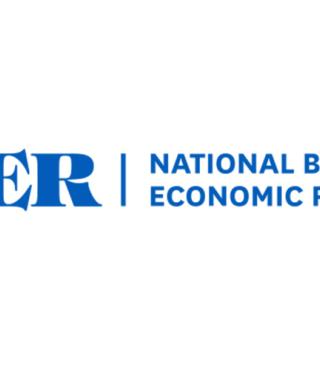
Mario Macis, PhD
Professor
Johns Hopkins Carey Business School Johns Hopkins Berman Institute of Bioethics
Mario Macis is an applied economist whose work focuses on how economic incentives interact with psychological factors and social norms to drive individual behavior and policy-relevant outcomes. In particular, he studies the role of incentives in shaping pro-social behavior, and attitudes toward morally contentious exchanges. Recently, these two lines of work converged into a research agenda aimed at understanding what determines social support for market-based solutions to social problems.
Dr. Macis also is interested in various topics in labor and organizational economics, and in health and development economics. These topics include the determinants of wage inequality (gender discrimination, international trade), the role of incentives, behavioral interventions, and social networks in addressing the under-detection of infectious diseases, and the adoption of efficient management practices in health care organizations. Much of his work has implications for organizational and public policy. He has been a consultant for the World Bank, the International Labor Organization, the National Marrow Donor Program, and the United Nations Development Program.
He currently serves on a National Academies of Sciences, Engineering and Medicine committee on “A Fairier and More Equitable, Cost-Effective, and Transparent System of Donor Organ Procurement, Allocation, and Distribution.”
Before joining Hopkins, Dr. Macis was a faculty member at the University of Michigan, Ross School of Business. He received his PhD in Economics from the University of Chicago.









